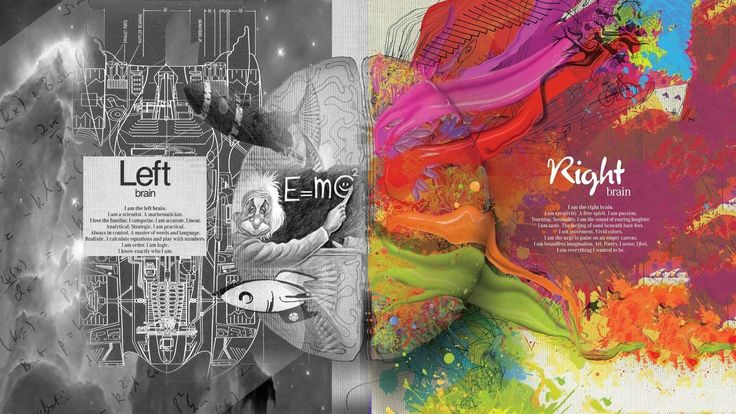Only someone who has had it knows how paralyzing depression can be. No one is immune. There's a one in four chance that depression will affect you at some stage in your life. It's bad enough to get it, but the stigma can make you feel much worse. This is the truth about depression.
People battle with chronic depression for decades. It is extraordinary that thousands of us will suffer from depression and yet so many people will feel the need to hide it. Why? Because of the stigma. People with depression are judged to be weak. Some people even go so far as they think it does not exist. Stephen Nolan wanted to find out the real truth about depression.
For those not able to see their depression as an illness it is really important to show what is actually happening inside their head. Examining the brain through imaging is a relatively new area of science. It's only been studied over the past 15 years or so. Nolan has come to the University of Manchester, one of the main centers in the UK for brain imaging.
The part of the brain responsible for memory and emotion is the hippocampus. It is there that depression shows up. What's fascinating is that hippocampus in depressed people behaves differently than the hippocampus in those with without the illness. Professor Ian Anderson is leading the research.
But, there's been quite a number of studies which have suggested that people who are depressed don't just have an alteration of how the brain's working but also actually in the structure of the brain. As Anderson studied the hippocampus he found a striking decrease in the massive gray matter in people who are depressed. This is about a 25 percent decrease, which is quite a striking and staggering change in fact.
People battle with chronic depression for decades. It is extraordinary that thousands of us will suffer from depression and yet so many people will feel the need to hide it. Why? Because of the stigma. People with depression are judged to be weak. Some people even go so far as they think it does not exist. Stephen Nolan wanted to find out the real truth about depression.
For those not able to see their depression as an illness it is really important to show what is actually happening inside their head. Examining the brain through imaging is a relatively new area of science. It's only been studied over the past 15 years or so. Nolan has come to the University of Manchester, one of the main centers in the UK for brain imaging.
The part of the brain responsible for memory and emotion is the hippocampus. It is there that depression shows up. What's fascinating is that hippocampus in depressed people behaves differently than the hippocampus in those with without the illness. Professor Ian Anderson is leading the research.
But, there's been quite a number of studies which have suggested that people who are depressed don't just have an alteration of how the brain's working but also actually in the structure of the brain. As Anderson studied the hippocampus he found a striking decrease in the massive gray matter in people who are depressed. This is about a 25 percent decrease, which is quite a striking and staggering change in fact.


 RSS Feed
RSS Feed











